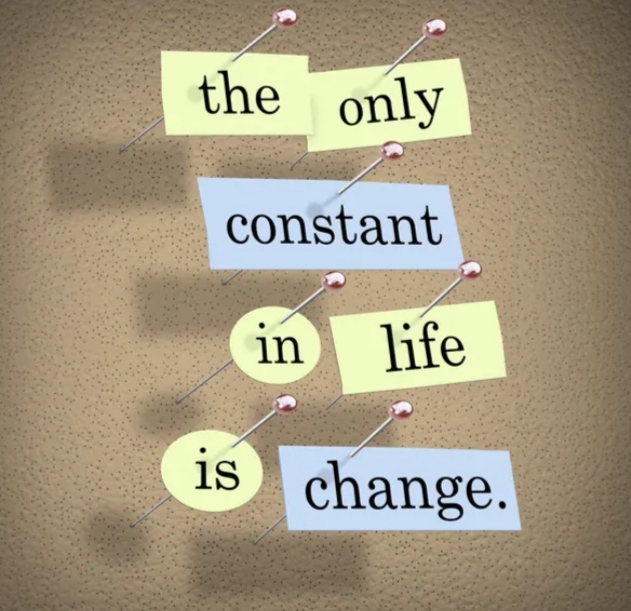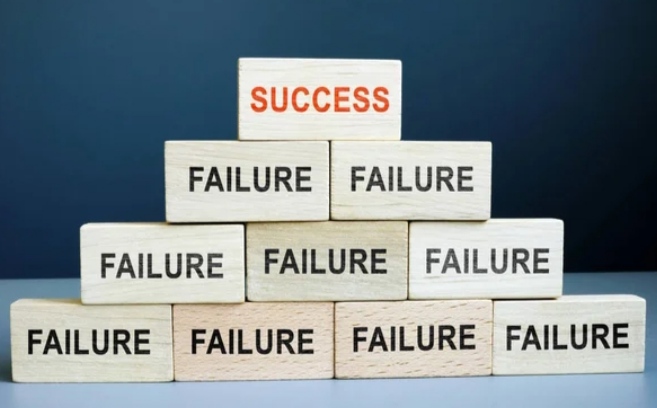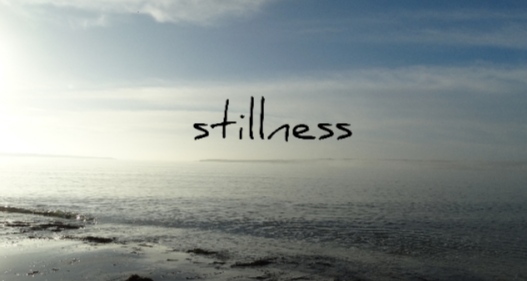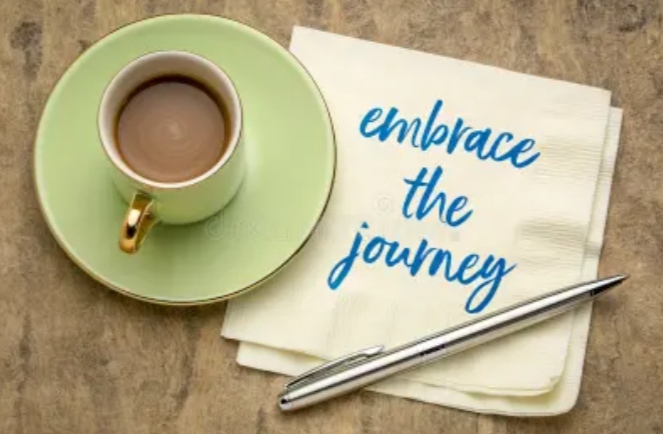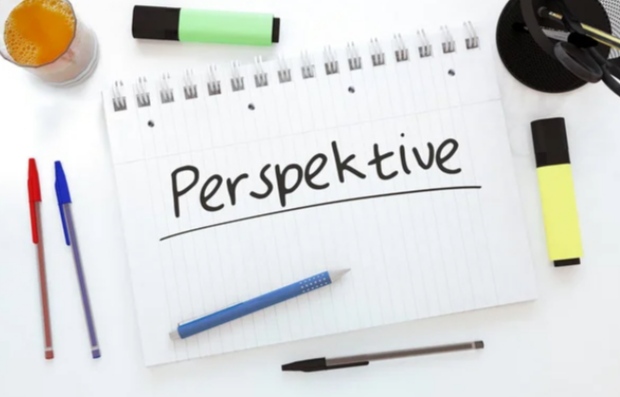
Gossip is a prevalent and often controversial social activity that transcends cultures and generations. It serves as a way for individuals to exchange stories or share information about others, often relating to their personal lives or behavior. Whether around a campfire or in today’s digital age, we seem to innately crave information about others. But why, exactly, do we love to engage in gossip? This article aims to explore the intriguing nature of gossip and why we have an inclination to engage in it.
The Evolutionary Perspective
From an evolutionary standpoint, gossip can be seen as a survival tool deeply rooted in human nature. It allowed our ancestors to exchange essential information related to their social environment. By sharing stories and observations about individuals within their community or group, they were able to build trust, navigate potential threats, and make informed decisions for the group’s benefit.
Building Social Bonds
One reason we love to engage in gossip is to develop and strengthen social bonds. Human beings are inherently social creatures who rely heavily on relationships for their emotional well-being. Engaging in gossip fosters a sense of connection, as it creates common points of interest and shared experiences. In a way, gossip serves as a social lubricant, enabling individuals to relate to one another, form alliances, and gain social support.
Creating an In-group vs Out-group Dynamic
Gossip can also perpetuate an in-group versus out-group mentality, reinforcing social hierarchies. Sharing negative information about others can enhance group cohesion by aligning individuals against a common target. This behavior can provide a sense of belonging and identity within the group, as well as elevate one’s own status within the social hierarchy. However, it is essential to note that such gossip can be damaging, leading to exclusion, judgment, and even psychological harm.
Curiosity and Entertainment
Human beings have an undeniable curiosity about the lives and behaviors of others. Gossip satisfies this curiosity by providing insights into the private lives of individuals, making it an intriguing and entertaining activity. It offers a form of escapism. It allows individuals to momentarily step away from their own lives and immerse themselves in the affairs of others. This form of entertainment can be light-hearted, generating laughter or amusement, but it can also foster a sense of superiority.
Validation and Reaffirmation
Sharing gossip can provide individuals with a sense of validation and reaffirm pre-existing beliefs or opinions. When someone hears gossip that aligns with their own judgments or biases, it can reinforce their impressions and provide a sense of confirmation. Additionally, gossip can allow individuals to acquire information about how others are perceived, thus indirectly shaping their own social judgments..
Gossip has been an integral part of human society for countless generations, serving various psychological, social, and evolutionary functions. While it has its pitfalls, such as the potential for harm and the spread of misinformation, gossip can also foster social bonds. It can satisfy our curiosity, establish hierarchies, and offer a release for our emotions.
Understanding the underlying motivations for our love to engage in gossip can help us navigate its effects more consciously and responsibly. Therefore, We must be mindful to strike a balance between satisfying our innate inclination towards gossip and ensuring we maintain healthy, respectful relationships with others.








